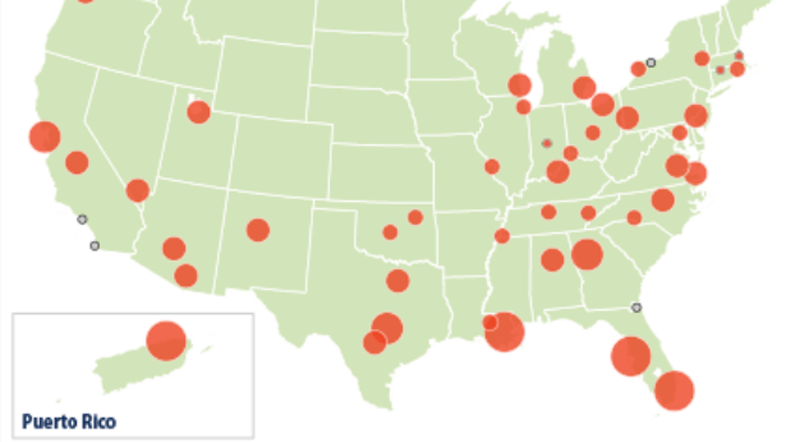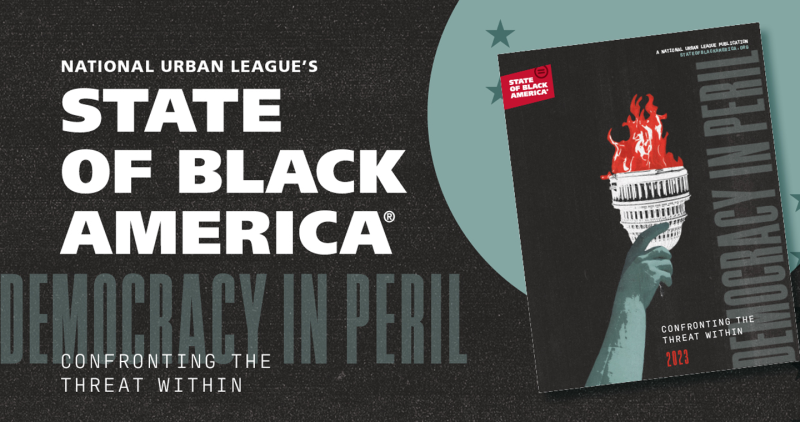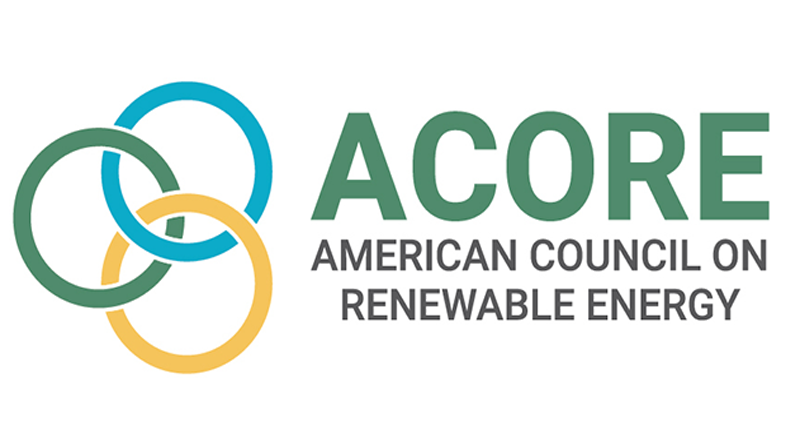Removing the Roadblocks to a Dream Deferred
Many runners speak of a runner’s high. It’s a temporary state of euphoria when you feel as though space and time disappear and you can push past pain and exhaustion. I would know. For years, I’ve hit the pavement, running 6 miles a day - rain or shine, a little less these days, but still running. But no amount of training, degrees or accolades can help me or you outrun the inequities we face.
Mentally, physically, emotionally, we’re tired. I’m tired.
We’ve been stretched to the max and then asked to go further. And this race for our humanity seems, at times, without a finish line. We take a few steps forward and, boom, another shoe drops, and we’re two steps back.
We’re fighting for our peace, our rights, and our lives. And, we’re running against great opposition, often wondering when we’ll have an opportunity to recover.
From corporations to private citizens, people from all walks of life are standing with us in this moment. As our collective voices reach a fever pitch, we have a unique opportunity to change the trajectory for future generations, and it feels real and tangible this time. We must seize this moment, holding both ourselves, allies and those we seek to influence, accountable.
The National Urban League is doing just that, holding each of us accountable for the progress we so desperately need. Through its annual State of Black America® report and the semi-annual Equality IndexTM, the National Urban League ensures we are fully apprised of the economic disparities that exist within our communities and also where we’re making progress.
Last year was devastating and so far, 2021 hasn’t felt much different. From a global pandemic to social unrest, last year dealt blows to families, caused businesses to fail, and caused unthinkable loss. Tragically, some of this loss has been caused by those sworn to serve and protect. These trials have shone a spotlight on the urgency of breaking the cycle of systemic inequities.
I am so proud that AT&T is in partnership with the National Urban League for this vital work.
At AT&T, we understand that our world works best when we can all live our best lives. We have both a moral and business obligation to Stand for Equality, which is one of our core values. We have supported calls for police reform, made significant investments in Black-owned and other minority businesses, launched programs to attract more diverse talent, and we stand for voting rights. Still, we know there is more work to do. During the pandemic we committed $11.5 million to create opportunities to create economic opportunities and foster upward mobility for Black and other underserved communities who face long-standing social inequities and higher unemployment, all of which are exacerbated by the COVID-19 pandemic.
Both AT&T and the National Urban League understand that equity cannot be achieved without equal access to the tools and resources that keep us connected. It is our desire to help usher in the change the National Urban League seeks to make through its Lewis Latimer plan for Digital Equity and Inclusion. In 2020, we spent $3.1 billion with Black-owned suppliers, surpassing a $3 billion two-year commitment to drive impactful and meaningful change with Black suppliers in the U.S.
Ultimately, investments alone won’t be enough to win this race. There must be massive efforts in showing people the way. While we’re in this race, pursuing “good trouble,” as the late Congressman John Lewis would say, we must invest in our communities. I know I wouldn’t be where I am today if others hadn’t invested in me.
Winning hearts and minds requires generational change. In 2015, I had the privilege to speak at the National Urban League’s State of Black America® event. That morning, I’d hoped to stand before those in attendance and speak about the progress we were making. The nation’s first Black President was closing out his second term; entrepreneurship was up, and for a moment it was almost as if we’d “arrived”. But I didn’t give a speech on our successes that evening. I couldn’t stand in front of an audience that night, which included one of my college-aged sons, and not talk about Michael Brown, Trayvon Martin, Sandra Bland, Jordan Davis, and the many other young Black lives taken before their time. Six years later, it seems new names of Black lives are added to this list of “gone to soon” by the week.
We can never grow complacent with the speed of progress or grow weary in this challenging race. Our fight for a new normal, one that is diverse, inclusive, and equitable, is not a sprint or marathon; it is a sustained journey.


 A Climate In Crisis
A Climate In Crisis

 Executive Summary
Executive Summary